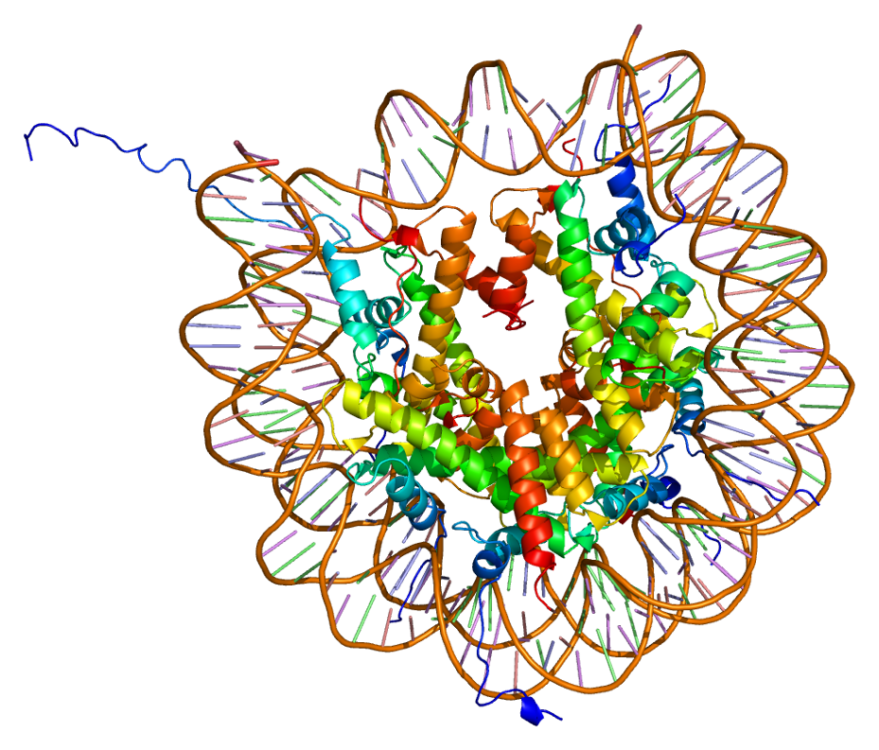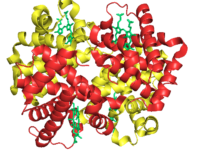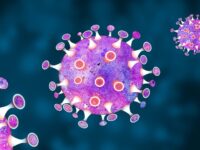Cells make up tissues, which make up organs, which form organ systems, which ultimately are the key to keeping us alive. But what is the key to unlocking how various types of cells are made? How does a neuron know to transmit information from the brain to parts of the body, and how does a muscle cell know to contract and extend to promote movement? If the cell is the most basic unit of life, capable of affecting a cascade of structures increasing in complexity, what exactly is regulating them?
The answer lies in a concept called epigenetics. The prefix epi- is a Latin root, meaning over or upon. Therefore, epigenetics refers to the various factors that affect how genes are expressed, without physically altering the DNA sequences that exist. A codon is a three-nucleotide sequence in DNA and is the physical unit of heredity. The most important function of genes is to code for proteins. The types of proteins present in a cell ultimately determine its function. For example, certain highly-expressed genes in neurons produce neurotransmitters and chemical protein signals that are transmitted to other cells to relay important messages that determine cell activity across the body. Muscle cells may receive these signals and carry out necessary functions, but because the genes that code to produce neurotransmitters are turned off, they do not produce the chemical signals. In this way, the functions of cells are divided so that they can communicate and become extremely specialized for the area of the body they reside in.
Just as plants do not require all the same functions as humans, genes in the DNA of different organisms differ. However, certain subsets of genes are highly conserved throughout all organisms and through billions of years of evolution, many of which are associated with epigenetics. A conserved gene has essentially remained the same throughout evolution and has not been changed. If all organisms are different, why are epigenetic genes a constant, even as organisms have branched off and evolved? The answer to this question is rooted in cell specialization. Complex organisms require different cells to perform a variety of distinct and specific tasks, and epigenetics is a solution to regulating this specialization of cells.
One of the most highly conserved epigenetic-related genes is the one that codes for histone proteins. Histones are proteins that attach to the surface of DNA, genetic information winds tightly around histones, creating packages called nucleosomes, which are later further packaged into chromosomes. Histones play a major role in how compact DNA is packaged, which has great effects on how accessible genes are to transcribe and translate into viable proteins. Various cells have different parts of their DNA more or less tightly packed, affecting the yield output of specific protein-coding genes.
Complex organisms require different cells to perform a variety of distinct and specific tasks, and epigenetics is a solution to regulating this specialization of cells.
A recent study conducted by the Spanish Ministry and the Andalusian Government analyzed the effect of histone depletion. The depletion of histones is important in turning on and off certain functions, especially time-sensitive processes such as DNA repair. In fact, histone depletion is invoked as a response to DNA breaks and errors, to promote the proliferation of DNA repair proteins to perform restoration functions. In this way, histones are adaptable components of cells that can meet the needs of the situation at hand.
Histone availability has important implications on health outcomes as well; many diseases can be attributed to a lack of regulation of protein production due to an inadequate amount of histone control. Lupus, an autoimmune disease that is due to over-reactive immune cells, was recently linked to histone degradation in a study done in 2021. Degradation of histones was present in peripheral blood mononuclear cells (cells important in immune function) in individuals suffering from Lupus but absent in healthy individuals. Histones play an important role in the defense of cells, as they can control proteins that may help or hurt a cell.
As millions of molecular processes occur simultaneously in the millions of cells of your body, they remain distinct due to the unique regulation power of histones. The masterminds of a cell, histones determine what path a cell diverges to and its impact on the health outcomes of the body.






